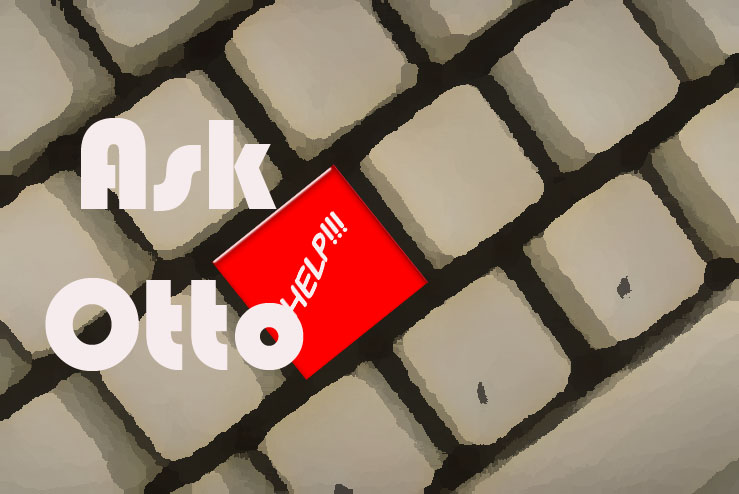Are you applying to be a tech teacher–wondering whether you know enough or have what it takes? Is it making your stomach churn and your head throb?
I understand–I went through that when I applied. I’ve learned a lot since then and I want to share some tips that will help you with what could be a life-changing conversation.
Before I get into the tips, I want you to remember: Your students will know less than you. You’ll start the year with tech training that provides students with tools for learning, that integrates into the school curriculum. If you are learning these the day before so you can teach them–you will know more. Your adult brain will absorb, sort, problem-solve, connect the dots, develop relationships much faster than the students who sit in your classroom. There are so many tech tools out there, many (many) teachers stay just a step ahead of their students, relying on their ability to see patterns based on the transfer of knowledge from prior learning. Every year after the first, you’ll adapt to what students know–go faster or slower. You will learn along with the students.
Here’s what you do for the interview:
- research what the school’s policy is on tech integration, tech ed, so whatever you say supports that. Are they running a 1:1 program? Do you teach in the classroom as well as a lab? Be knowledgeable.
- know your tech ed philosophy. ISTE is a good starting point, augmented with state standards and Common Core. Knowing buzz words, the goals and expectations, will prepare you for their questions
- have a digital portfolio (not a paper one–use the type of device you’ll be teaching on in your new classroom–assuming it’s portable) of projects that are appropriate for the grade level you will be teaching–PowerPoints, digital magazines, digital comics, Scratch, robotics. Know why they are used and how they tie into ISTE/Common Core/state standards/class inquiry. This is easier than it sounds, but takes a bit of preparation
- use technology during the interview. How? Show them a video (via your digital device) of you using a screencast program to teach or something else relevant. You want to demonstrate your comfort level with tech by your actions, more than words.
- a favorite question of interview panels is–How do you handle the difficult student? Have an answer! Me–I embrace them. You–you’ll do it your way.
- know the parts of a tech lesson–problem solving, vocabulary, keyboarding, warm-up, exit ticket (if you use this)
- tech teachers must do more than teach students. We also must maintain the lab. Know how to do that. It’s easier than it sounds. Start with basics. My blog has the 20 most common problems you’ll face. They’re not nearly as complicated as you’d think. Know a few of them (or load them on your IPad) and mention them with solutions.
- have one amazing project as your trump card–something no one’s done at your school that will wow the interviewers.
That’s it! That’s how you start. Add a comment–let me know how it goes.
Other tips for applying to be a tech teacher? Check out EdTEchTeacher‘s website, and some of Alice Keeler‘s great tech teacher ideas.
Jacqui Murray has been teaching K-18 technology for 30 years. She is the editor/author of over a hundred tech ed resources including a K-12 technology curriculum, K-8 keyboard curriculum, K-8 Digital Citizenship curriculum. She is an adjunct professor in tech ed, Master Teacher, webmaster for four blogs, an Amazon Vine Voice, CSTA presentation reviewer, freelance journalist on tech ed topics, contributor to NEA Today, and author of the tech thrillers, To Hunt a Sub and Twenty-four Days. You can find her resources at Structured Learning.




































